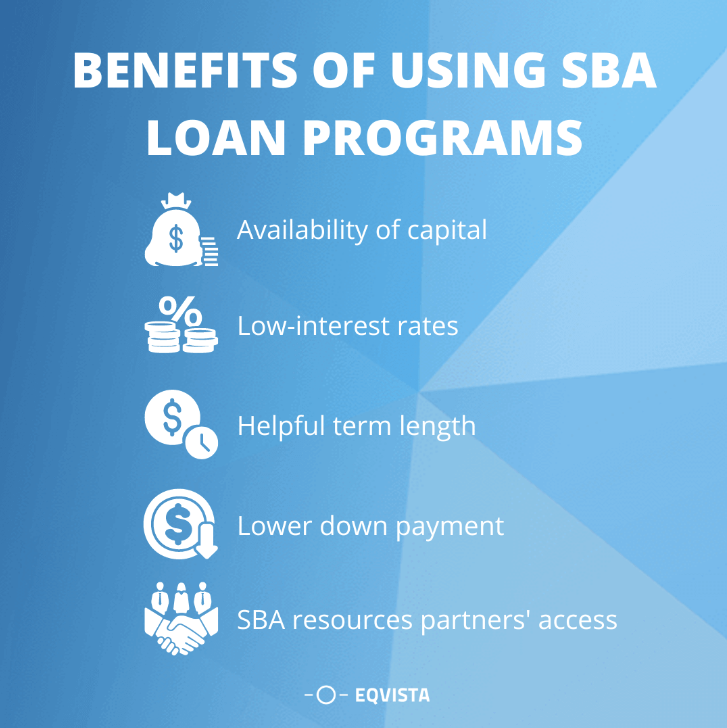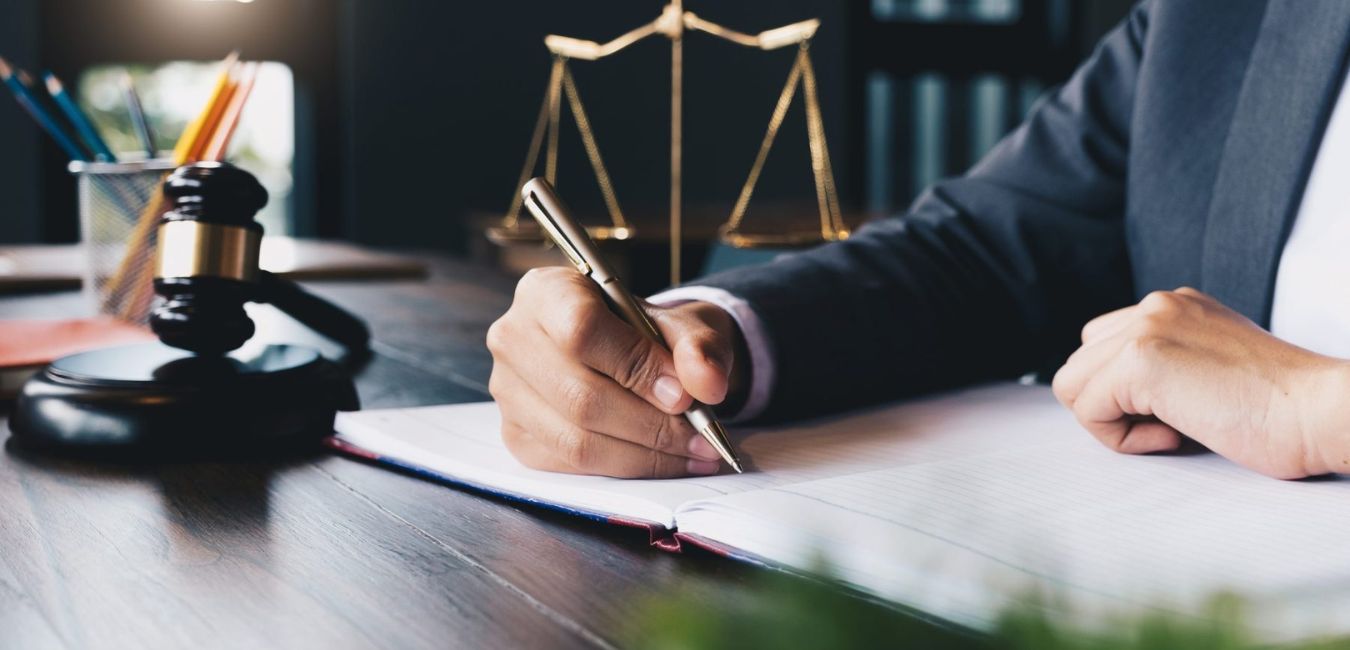Understanding Personal Guarantees for Business Loans
I’m willing to bet that when you think about taking out a business loan, the last thing on your mind is if you may have to repay it with your own money and assets. Nevertheless, this is exactly the situation you could find yourself in if you sign a personal guarantee for a business loan, so it’s important to understand the implications before you sign on the dotted line.
When you take out a business loan, the lender will typically require you to provide some form of collateral, such as real estate or equipment. If you default on the loan, the lender can seize and sell the collateral to recoup their losses. However, if you don’t have any collateral to offer, the lender may ask you to sign a personal guarantee. This means that you are personally liable for the debt, and the lender can come after your personal assets, such as your home, car, and savings, if the business defaults on the loan.
Personal guarantees are often required for small business loans. This is because small businesses are often seen as riskier investments than large businesses. As a result, lenders may require a personal guarantee to protect themselves in the event that the business fails.
If you’re thinking about taking out a business loan, it’s important to weigh the pros and cons of signing a personal guarantee. On the one hand, a personal guarantee can help you get approved for a loan that you might not otherwise qualify for. On the other hand, it can put your personal assets at risk.
If you’re not comfortable with the idea of signing a personal guarantee, you may want to consider other options, such as finding a co-signer or pledging collateral. However, if you’re confident in your ability to repay the loan, a personal guarantee can be a good way to get the financing you need to start or grow your business.
When it comes to securing a business loan, lenders often require personal guarantees as a safety net. But what exactly is a personal guarantee, and what are the benefits and drawbacks of providing one?
In short, a personal guarantee is a legally binding agreement that holds an individual personally liable for the repayment of a loan if the business defaults. This means that if the business is unable to repay the loan, the lender can pursue the individual’s personal assets, such as their home, car, or savings, to satisfy the debt.
Offering a personal guarantee can be a daunting proposition, but it can also be a necessary step in securing funding for your business. By providing this additional layer of security, you can improve your chances of getting approved for a loan and negotiating favorable terms.
Benefits of Personal Guarantees for Lenders
For lenders, personal guarantees offer several key benefits:
-
Reduced Risk: By requiring a personal guarantee, lenders can significantly reduce the risk associated with business loans. If the business defaults, the lender can turn to the individual guarantor, which provides them with additional recourse for recovering their money.
-
Increased Repayment Probability: Personal guarantees increase the likelihood that a loan will be repaid, even if the business runs into financial difficulty. This is because the guarantor has a strong incentive to ensure that the loan is repaid in order to protect their own personal assets.
-
Improved Loan Terms: Lenders may be willing to offer more favorable loan terms to borrowers who provide personal guarantees. This may include lower interest rates, longer repayment periods, or larger loan amounts.
-
Easier Approval Process: Lenders may be more likely to approve loan applications from borrowers who provide personal guarantees. This is because personal guarantees reduce the lender’s risk, making them more comfortable with approving the loan.
-
Faster Loan Closing: The loan closing process can be expedited when a personal guarantee is provided. This is because the lender has less due diligence to conduct, as they can rely on the guarantor’s financial strength to mitigate the risk of the loan.
I’m taking the plunge and giving a personal guarantee for a business loan. I know it’s a big step, but I believe in the business and I’m willing to put my money where my mouth is. However, I also know that there are risks involved. That’s why I’m doing my research and making sure I understand what I’m getting into.
One of the biggest risks for individuals providing personal guarantees is that they may be held liable for the entire amount of the loan if the business defaults. This means that if the business can’t repay the loan, the lender can come after your personal assets, such as your home, car, and savings. That’s why it’s important to make sure you’re comfortable with the risk before you sign on the dotted line.
Risks for Individuals Providing Personal Guarantees
There are a number of risks that individuals providing personal guarantees should be aware of. These include:
- The lender can come after your personal assets if the business defaults on the loan.
- You may be held liable for the entire amount of the loan, even if you’re only a minority owner of the business.
- Your credit score could be damaged if the business defaults on the loan.
- You could lose your job if the business fails.
- You could be sued by the lender if you default on the loan. If the business fails, it could hurt your reputation.
Before you agree to provide a personal guarantee, it’s important to weigh the risks and benefits carefully. You should also make sure you understand the terms of the loan and what your obligations will be if the business defaults. If you’re not comfortable with the risks, you may want to consider other options, such as a business loan without a personal guarantee.
How to Protect Yourself
There are a number of things you can do to protect yourself if you’re providing a personal guarantee. These include:
- Make sure you understand the terms of the loan and what your obligations will be if the business defaults.
- Get a written agreement from the lender that limits your liability.
- Consider getting insurance to protect your personal assets.
- Make sure the business has a solid business plan and is financially sound.
By taking these steps, you can help to protect yourself from the risks of providing a personal guarantee. However, it’s important to remember that there is no such thing as a risk-free loan. If you’re not comfortable with the risks, you may want to consider other options.
I Will Give a Personal Guarantee for Business Loan
I’m writing this article to help you understand what you’re getting into when you provide a personal guarantee for a business loan. A personal guarantee is a legally binding contract in which you promise to repay the loan if the business defaults. This means that you could be held personally liable for the entire amount of the loan, even if you did not personally benefit from the loan.
Before you sign a personal guarantee, it is important to carefully consider the following factors:
Your Financial Situation
The first thing you need to do is take a hard look at your financial situation. Can you afford to repay the loan if the business defaults? Do you have enough income and assets to cover the payments? If you are not sure, you should talk to a financial advisor.
The Business’s Financial Situation
It is also important to assess the financial situation of the business. Is the business profitable? Does it have a good track record? Is it likely to be able to repay the loan? If you are not sure, you should request financial statements from the business and have them reviewed by an accountant.
The Terms of the Loan
Before you sign a personal guarantee, you should carefully review the terms of the loan. What is the interest rate? What are the repayment terms? Are there any prepayment penalties? You should also make sure that you understand the default provisions of the loan.
The Guarantor’s Rights
If you provide a personal guarantee, you will have certain rights. For example, you will have the right to receive notice of any default and the right to cure the default. You will also have the right to be released from the guarantee if the business files for bankruptcy.
The Guarantor’s Liabilities
If you provide a personal guarantee, you will be personally liable for the loan if the business defaults. This means that the lender can come after your personal assets, such as your home, your car, and your savings. You could also be sued for the amount of the loan, plus interest and penalties.
Personal Guarantees: A Double-Edged Sword for Business Loans
If you’re considering securing a loan for your business, chances are you’ll be asked to provide a personal guarantee. But what exactly is a personal guarantee, and what are the implications of signing one?
In essence, a personal guarantee is a legally binding agreement that holds you personally liable for repaying a loan if your business defaults. This means that if your business falls on hard times, lenders can come after your personal assets—your home, car, savings, and investments—to satisfy the debt.
Pros of Personal Guarantees
- Increased loan approval chances: Lenders are more likely to approve a loan if they have a personal guarantee backing it up.
- Low interest rates: Personal guarantees can often reduce interest rates on business loans, as they lower the lender’s risk.
- Simpler application process: With a personal guarantee, lenders may require less documentation and a shorter application process.
Cons of Personal Guarantees
- High personal risk: The biggest downside of a personal guarantee is the risk it poses to your personal finances. If your business fails, you could end up losing everything you own.
- Difficulty obtaining other loans: A personal guarantee can make it harder to secure other loans in the future, as lenders will see it as a sign of increased risk.
- Stress and anxiety: The thought of being personally liable for a large debt can be incredibly stressful and anxiety-inducing.
Alternatives to Personal Guarantees
In some cases, lenders may offer alternative forms of security, such as collateral or business assets. Collateral can include real estate, equipment, or inventory, while business assets can include accounts receivable, inventory, or intellectual property.
- Collateral: Collateral is a valuable asset that you pledge to the lender as security for the loan. If you default on the loan, the lender can seize and sell the collateral to recoup their losses.
- Business assets: Business assets can also be used as security for a loan. This can include accounts receivable, inventory, or intellectual property. However, business assets are typically not as valuable as collateral, so lenders may require a higher loan-to-value ratio.
- Co-signer: A co-signer is another individual who agrees to be personally liable for the loan if you default. This can be a friend, family member, or business partner.
- Guarantor: A guarantor is similar to a co-signer, but they only guarantee a portion of the loan. This can be helpful if you don’t want to put your entire personal assets at risk.
- Letter of credit: A letter of credit is a financial instrument issued by a bank that guarantees payment to the lender if you default on the loan. This can be a good option if you don’t have any other valuable assets to pledge as security.
The decision of whether or not to provide a personal guarantee for a business loan is a complex one. There are many factors to consider, including the amount of risk you’re willing to take, your financial situation, and the terms of the loan. It’s important to weigh the pros and cons carefully before making a decision.
Personal guarantees for business loans: What you need to know
I will give a personal guarantee for a business loan. It’s a big decision, and I want to make sure I understand all the risks involved. I’ve done some research, but I’m still not sure what I’m getting myself into. So, I did this piece of writing to answer some common questions about personal guarantees for business loans. By the end of this article, you will have all the information you need to make an informed decision.
What is a personal guarantee?
A personal guarantee is a legal document that holds you personally liable for a debt or obligation. If your business cannot repay the loan, the lender can come after your personal assets, such as your house, car, or savings. Personal guarantees are often required by lenders for business loans. This is because they provide the lender with an additional layer of protection in case the business fails.
What are the risks of providing a personal guarantee?
There are several risks associated with providing a personal guarantee. First, you are putting your personal assets at risk. If your business cannot repay the loan, you could lose your home, car, or other valuable possessions. Second, a personal guarantee can damage your credit. If you default on the loan, the lender may report it to the credit bureaus. This can make it difficult to get approved for future loans.
What should I consider before providing a personal guarantee?
There are several factors to consider before providing a personal guarantee. First, you should carefully assess the financial health of the business. Make sure the business has a solid track record and a good chance of success. You should also consider the amount of the loan and the repayment terms. Make sure you are comfortable with the amount of risk you are taking on. Finally, you should consult with an attorney to discuss the legal implications of providing a personal guarantee.
What are some alternatives to providing a personal guarantee?
There are several alternatives to providing a personal guarantee. One option is to offer collateral for the loan. Collateral is an asset that the lender can seize if the business cannot repay the loan. Another option is to get a co-signer on the loan. A co-signer is someone who agrees to share responsibility for the loan. If the business cannot repay the loan, the co-signer will be responsible for paying it back entirely.
Conclusion
Personal guarantees play a significant role in securing business loans. Understanding the legal implications and risks is essential before providing a personal guarantee. If you are considering providing a personal guarantee, be sure to carefully assess the risks and consult with an attorney.





Leave a Reply